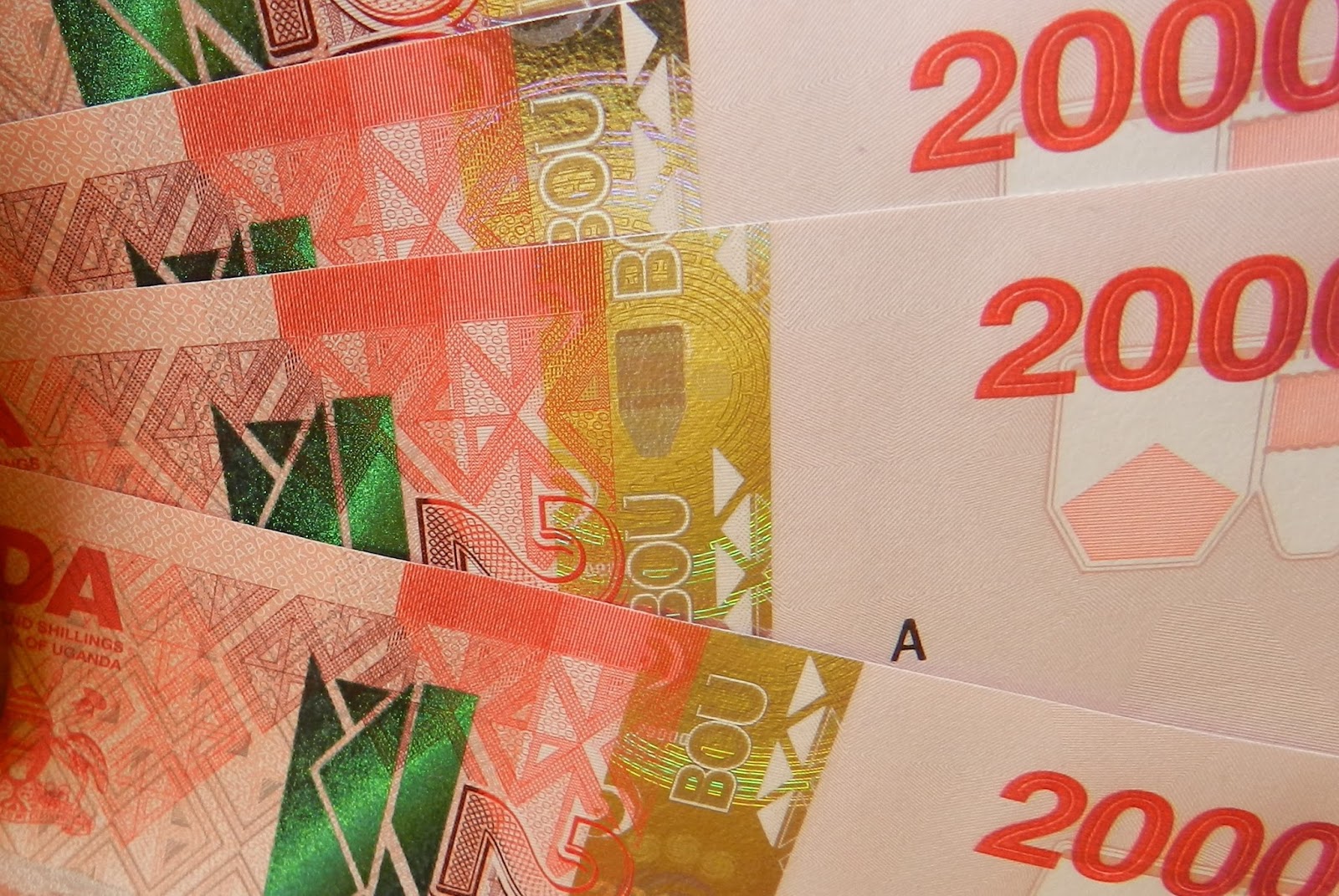Nigeria has no plans to return to the Eurobond market this year after the sixth outing in November raised $2.86 billion, the head of the debt office said on Tuesday.
Nigeria approved a three-year plan in 2016 to borrow more from abroad. It wants 40 percent of its loans to come from offshore sources to lower borrowing costs and help to fund record-high budgets.
Asked whether the government would consider a U.S. dollar-denominated Eurobond, Ms. Patience Oniha, Director-General Debt Management Organization said, “For 2019, given the process, I would say no.”
Foreign borrowing for the 2019 budget is set at 802 billion naira ($2.7 billion), Oniha said at an Islamic finance conference in Lagos.
Nigeria, which emerged from recession last year, has borrowed abroad and at home over the past three years to help finance its budgets and to fund infrastructure projects, but debt servicing cost is also rising. The government has said it wanted to tap concessionary long-term loans to finance its 2019 budget in addition to borrowing at home.
It sold $3 billion in Eurobonds in 2017, part of which is used to fund its budget that year. It then followed with a $2.5 billion Eurobond sale last year to refinance local currency bonds at a lower cost.


